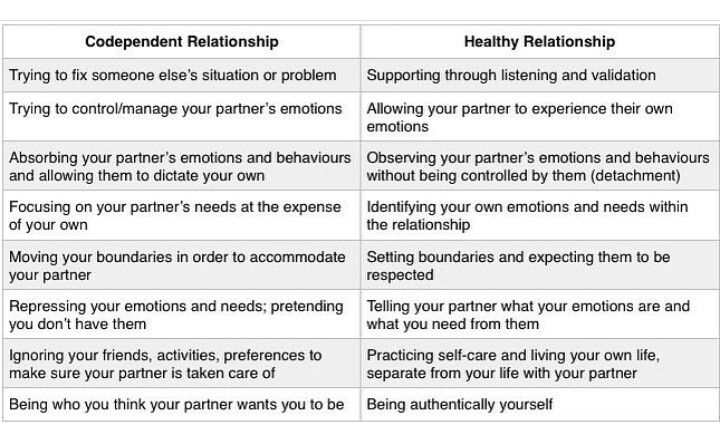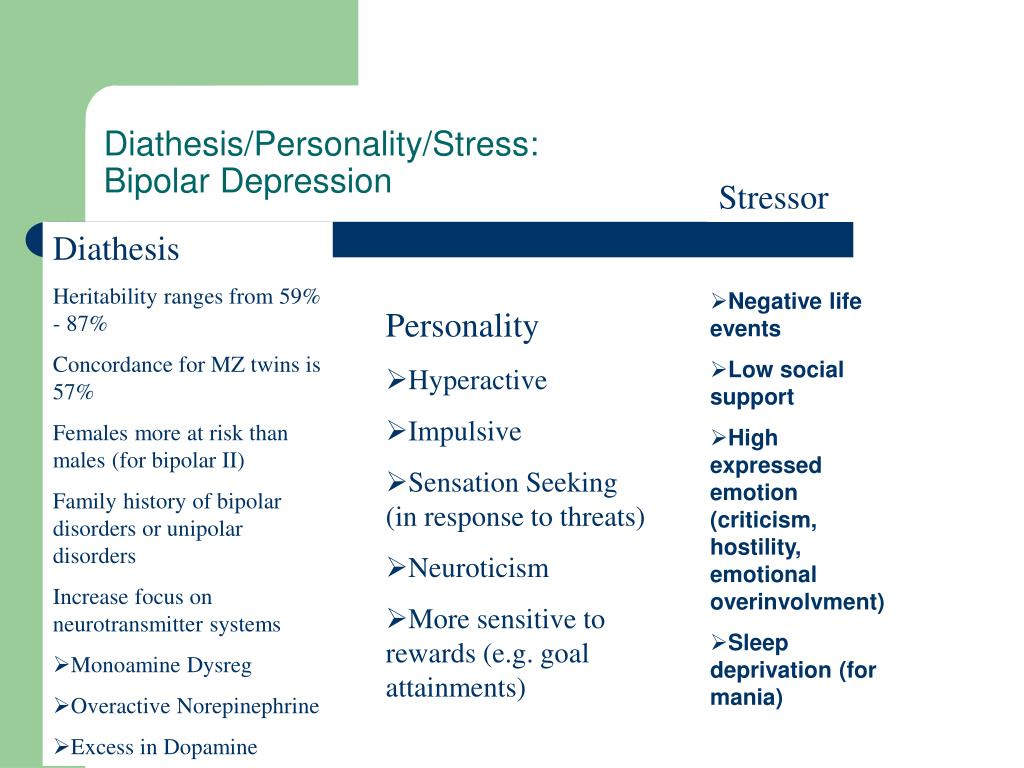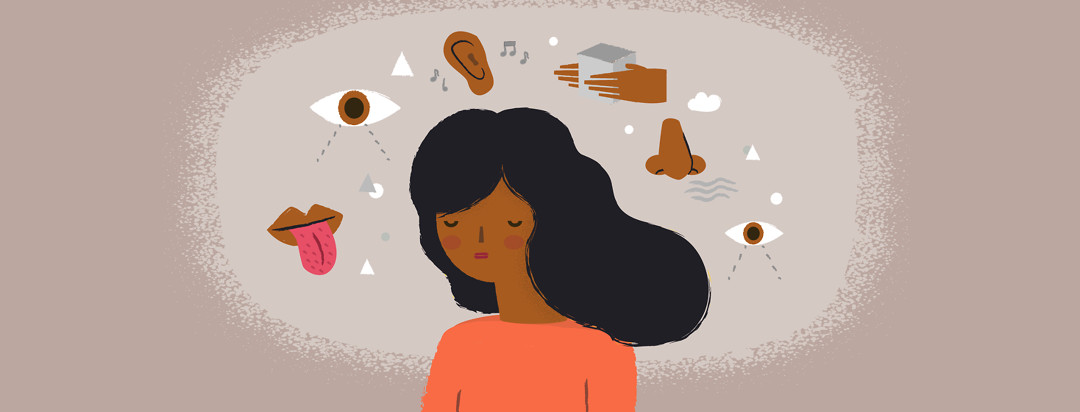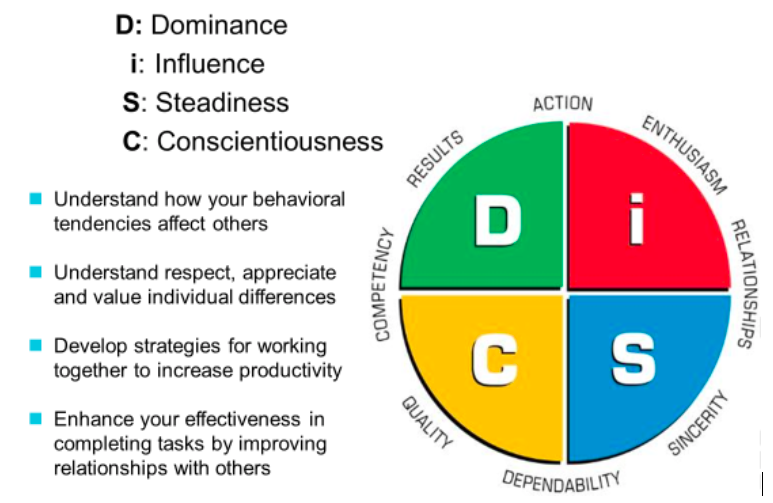What is expected in a relationship
8 Things You Have the Right to Expect From Your Relationship
Source: Kikovic/Shutterstock
Sometimes it’s hard to know for sure what you can reasonably expect from your partner:
- Should she return every text at the earliest opportunity?
- Should he make time to hang out with you every weekend?
- Should you split the bill 50-50 every time you go out?
But before you can resolve these specific questions, you need to establish the basics—the things you can ask, with confidence, from every relationship. Following are 8 such "basics" you have a right to expect from every romantic relationship.
1. Affection
Your partner may express this either in words, behavior, or both, but physical affection, such as hugging, kissing, back or foot rubs, or holding hands is especially important in romantic relationships. Your partner should like you as a person, and be able to demonstrate that in a way that reaches you.
![]()
2. Compassion
When you’re hurting, you have a right to expect your partner to be, in the words of Phil McGraw, "a soft place to fall." He or she should be tender with you if you’re in pain. A partner's not obligated to read your mind, or be “in it” with you. They don’t have to feel the same way you do. It just needs to matter to him or her that you feel bad.
3. Respect
A good partner shows respect—for you as a person, and for your boundaries. Although he or she may disagree with you, there’s no name-calling or ridicule from a respectful partner, even in the name of “just teasing.” A respectful partner knows and admires your strengths, is gracious about your weaknesses—and doesn't willfully engage in boundary violations.
4. Consideration
A considerate partner thinks about how his or her behavior affects you.
They don't have to give you everything you ask for, or do everything you want them to do, but they owe you the courtesy of considering things from your point of view. If a partner doesn't do this, he or she is treating you like a pet rock that doesn't need care or feeding. (And I know you're not that...because rocks can't read.)
5. Time
Every relationship is based on sharing at least some time together. It can’t always be helped if your partner has to be away. But if he or she rarely or never has time for you, or consistently rations the time you spend together, you might ask yourself how much more of your own time you're willing to spend pursuing them.
6. Interest
It’s reasonable to expect your partner to have a greater interest in you than the average person. At least some of your activities, opinions, thoughts, feelings, etc. should hold his or her interest.
A partner who isn’t interested in you as a person may be in the relationship just to avoid being alone—and you both deserve better than that.
7. Intimacy
Intimacy is not the same as sex. It means allowing yourself to be known, and wanting to really know your partner. More than just "Are you a morning person or a night person?” genuine intimacy is being familiar with each other's emotional, vulnerable selves.
8. Generosity
A truly generous partner enjoys helping, soothing, or finding other ways to benefit you. Such a partner doesn't necessarily give you material gifts or take you on fancy vacations. Giving oneself fully in relationship is the ultimate gift. To the extent that your partner offers you what's on this list, they're being generous.
Having the right to expect these things doesn’t mean you’ll always get them.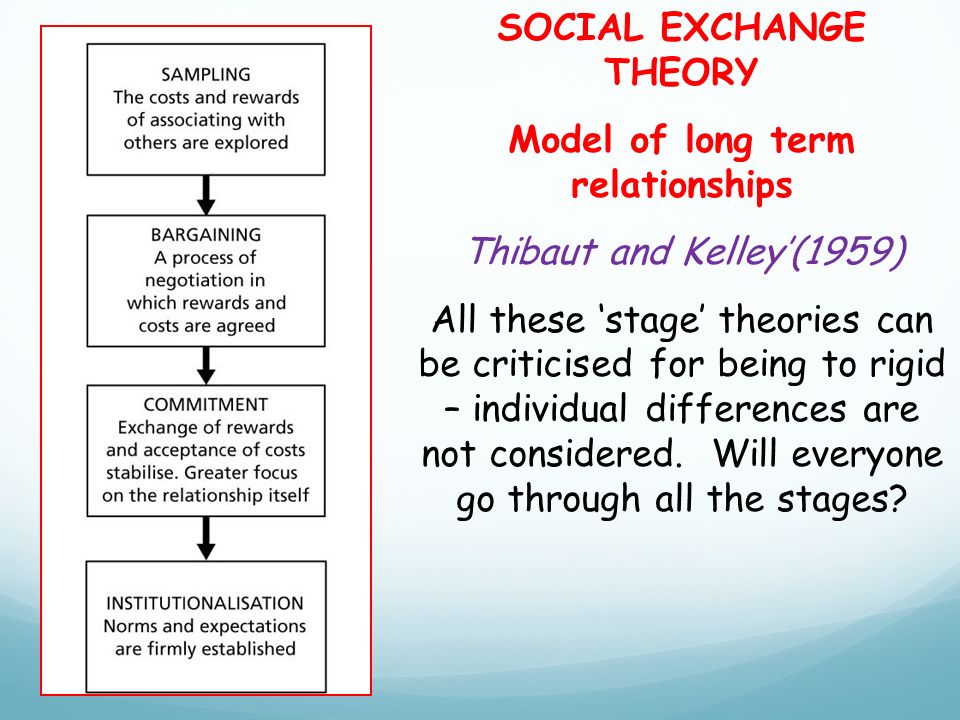 It does mean that it’s okay for you to ask for them, and that it's okay for it to matter to you if they’re not available from your partner.
It does mean that it’s okay for you to ask for them, and that it's okay for it to matter to you if they’re not available from your partner.
Of course, your partner can and should expect the same things from you: You might want to sit down together and talk about the items on this list that are most important to each of you, and focus on addressing those first.
The Truth About Expectations in Relationships
I encourage couples to strive for the “good enough” relationship.
I encourage couples to strive for the “good enough” relationship.
I encourage couples to strive for the “good enough” relationship.
Many marital therapists tell couples to expect less. If you lower your expectations, the argument goes, then you won’t be disappointed by your partner.
Expectations are resentments waiting to happen.
— Esther Perel (@EstherPerel) May 22, 2016
This advice is wrong. Donald Baucom, a psychology professor at the University of North Carolina, studied marital expectations for a decade. He found that people get what they expect. People with low expectations tend to be in relationships where they are treated poorly, and people with high expectations tend to be in relationships where they are treated well.
Donald Baucom, a psychology professor at the University of North Carolina, studied marital expectations for a decade. He found that people get what they expect. People with low expectations tend to be in relationships where they are treated poorly, and people with high expectations tend to be in relationships where they are treated well.
This suggests that by having high standards, you are far more likely to achieve the kind of relationship you want than you are by looking the other way and letting things slide.
The “Good Enough” Relationship
I encourage couples to strive for the “good enough” relationship, which sounds like settling for less than best. Isn’t that contrary to Baucom’s research findings on marital expectations?
Allow me to explain.
In a good enough relationship, people have high expectations for how they’re treated. They expect to be treated with kindness, love, affection, and respect. They do not tolerate emotional or physical abuse. They expect their partner to be loyal.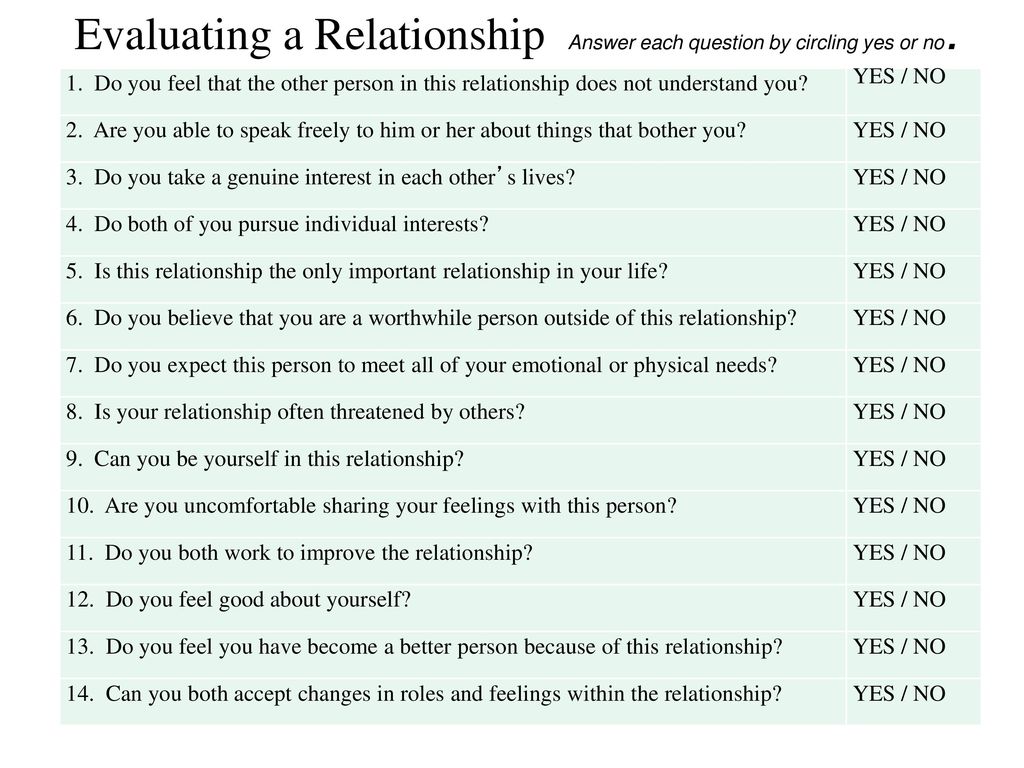
This does not mean they expect their relationship to be free of conflict. Even happily married couples argue. Conflict is healthy because it leads to greater understanding.
People should not expect to solve all of the problems in their relationship, either. My Love Lab studies found that almost ⅔ of relationship conflict is perpetual. As Dr. Dan Wile says, “When choosing a long-term partner… you will inevitably be choosing a particular set of unsolvable problems.”
Further, it’s unrealistic to expect a relationship to heal childhood wounds, or to become a pathway to spiritual enlightenment or self-actualization. Eli Finkel, a psychology professor at Northwestern University, encourages couples to “recalibrate” their marital expectations for these existential needs.
So don’t settle for being treated poorly. As a father, the best way to buffer my daughter from being in a bad relationship in the future is to treat her with love and respect, so she will expect to be treated the same way by her partner.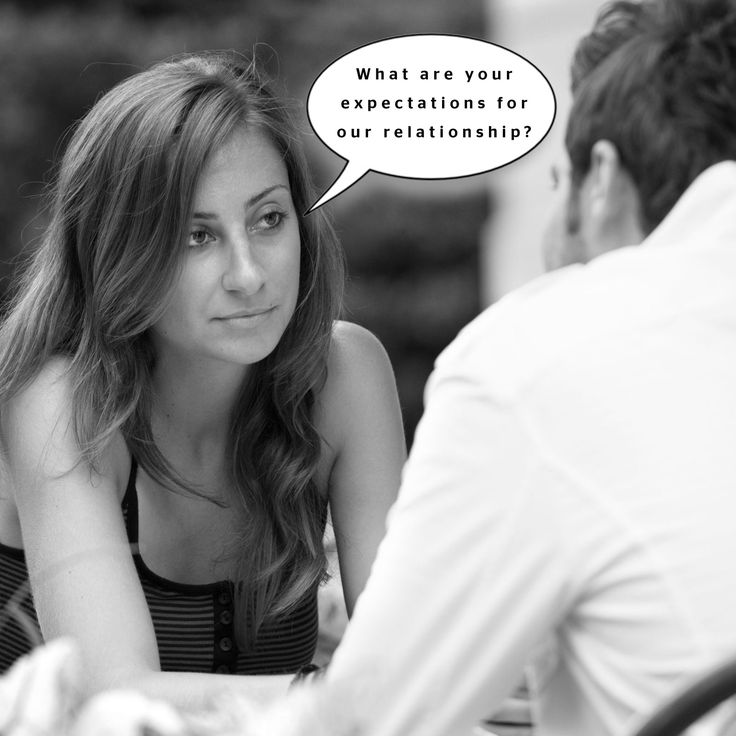
In our empirically-based theory, the Sound Relationship House, we describe what couples in the good-enough relationship do and have. They are good friends. They have a satisfying sex life. They trust one another and are fully committed to one another. They can manage conflict constructively. That means they can arrive at mutual understanding and get to compromises that work. And they can repair effectively when they hurt one another.
They honor one another’s dreams, even if they’re different. They create a shared meaning system with shared values and ethics, beliefs, rituals, and goals. They agree about fundamental symbols like what a home is, what love is, and how to raise their children.
Expect that. You deserve it. It’s not unreasonable, and it’s achievable.
How can you know you’re in a happy relationship that’s both good for your health and everyone around you? Can such a thing be measured? It can! Take this quiz and find out how well you know your partner.
The Gottman Relationship Adviser, the world’s first complete relationship wellness tool for couples, takes the guesswork out of improving your relationship. Measure your relationship health with a research-based self-assessment, then receive a tailored digital relationship plan proven to heal and strengthen your connection.
Measure your relationship health with a research-based self-assessment, then receive a tailored digital relationship plan proven to heal and strengthen your connection.
For an in-depth analysis of your relationship health check out the Gottman Assessment, a virtual relationship evaluation tool for couples.
If you want to build a deeply meaningful relationship full of trust and intimacy, then subscribe below to receive our blog posts directly to your inbox:
John Gottman, Ph.D.
World-renowned for his work on marital stability and divorce prediction, Dr. John Gottman has conducted 40 years of breakthrough research with thousands of couples. He is the author of over 200 published academic articles and author or co-author of more than 40 books, including The New York Times bestseller The Seven Principles for Making Marriage Work.
We'll deliver the blog to you
Get our tips straight to your inbox, and master your relationships.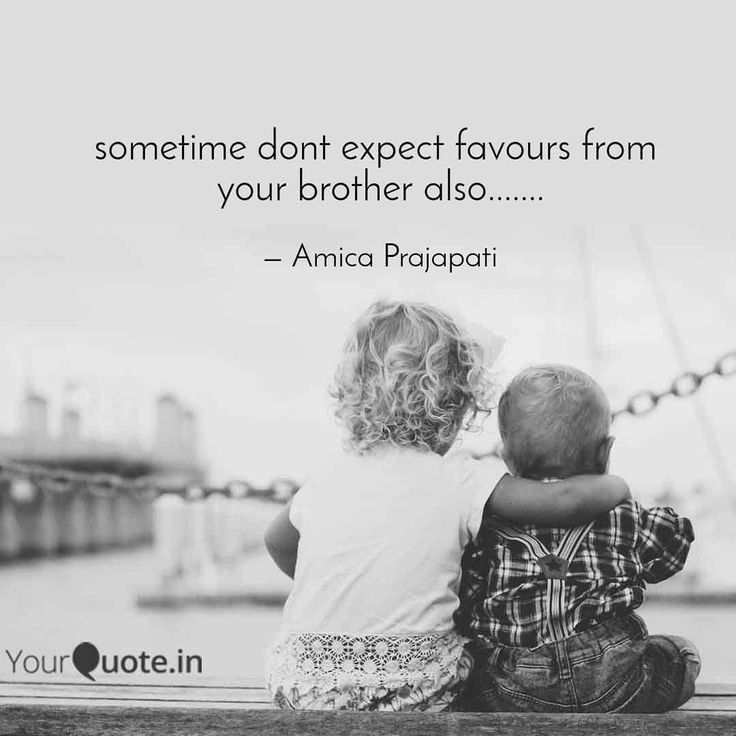 ="wpforms-"]
="wpforms-"]
4 stages of relationship, without which there will be no love and intimacy
114 672
Man and woman Practices how to
- Photo
- Unsplash
“I remember our first six months, he looked after me like no one before him ! recalls 32-year-old Eleanor. - We spent all the time together. And then suddenly it became more interesting for us apart. We spent a lot of time each in our own company, in the evenings we might not even have time to talk. And at some point I thought: should we really be together?
But then my partner spoke up and insisted that we go to a psychologist. He said that this does not happen: everything was fine and suddenly everything deteriorated irrevocably, and he believes that it is possible to return the former closeness.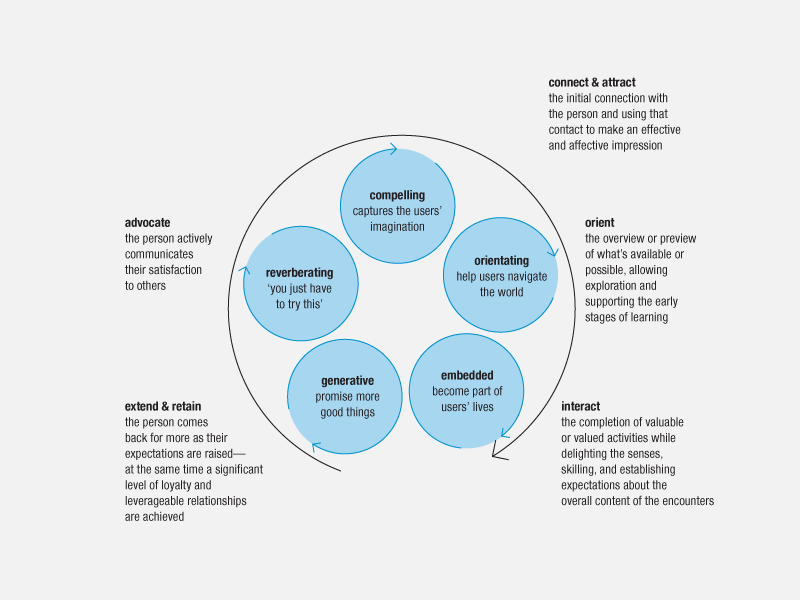 Now we have a renaissance. It seems to me that I love him even more than at the beginning of our journey. And I'm scared to imagine how much we could then break firewood.
Now we have a renaissance. It seems to me that I love him even more than at the beginning of our journey. And I'm scared to imagine how much we could then break firewood.
This story is a vivid example of how a couple has approached a certain stage in a relationship that can scare partners if they are not aware of its existence and even its obligatory nature
“Like any living system, relationships in a couple go through a certain process of development,” says psychotherapist Vann Joynes. - And often, when partners move from one stage to another, they think that something is wrong with them, that they are no longer loved. They just don't understand that their relationship just moved to another stage of development. This is when couples often turn to psychotherapy. The task of the psychologist is to help them get through this stage and resolve the conflict that creates the difficulty.
What kind of relationship do all couples want - normally - to come to? “In relationships, autonomy and healthy interdependence become the desired goal.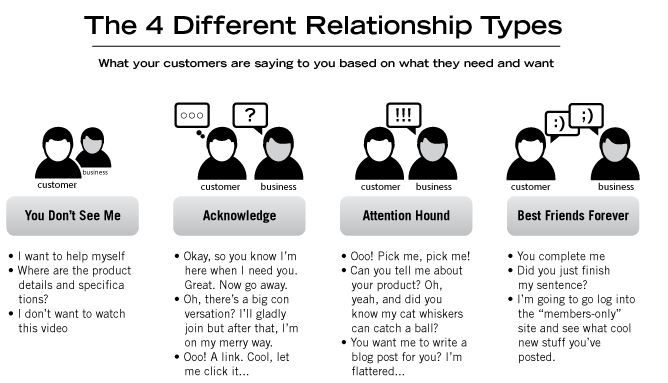 When each person is able to think for himself and satisfy his own needs and at the same time satisfy the needs of another,” explains Vann Joynes. - As John Bowlby (the author of the theory of attachment) believed, we never outgrow our need for a reliable base, a reliable support, for someone we will come to when we feel bad, when we are tired. To the one who would support us and restore our strength. And this is the leading motivation that makes people create and develop sustainable relationships.”
When each person is able to think for himself and satisfy his own needs and at the same time satisfy the needs of another,” explains Vann Joynes. - As John Bowlby (the author of the theory of attachment) believed, we never outgrow our need for a reliable base, a reliable support, for someone we will come to when we feel bad, when we are tired. To the one who would support us and restore our strength. And this is the leading motivation that makes people create and develop sustainable relationships.”
Often in adult relationships we complete what we didn't complete once in childhood, in relationships with significant parental figures. There is a psychological birth of relationships and their development, the same as in any human baby. Here is how Vann Joynes described its stages.
1. Looking for a partner
Relationships are an idealized fantasy. The image of a future partner is created based on fairy tales, it is born from those romantic, ideal stories that we hear in childhood.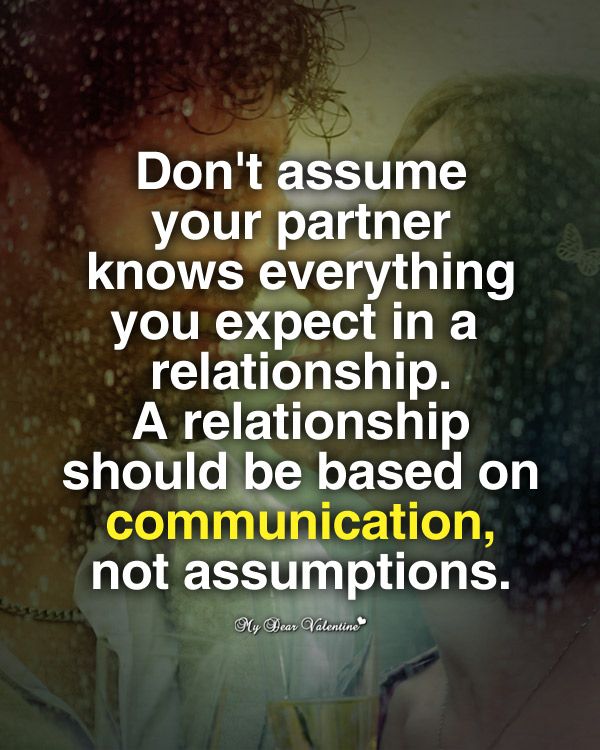 At this stage, we are looking for a knight and a princess who will fulfill our dreams. This is an idealized partner who, in our imagination, is able to satisfy all our needs (which is unrealistic).
At this stage, we are looking for a knight and a princess who will fulfill our dreams. This is an idealized partner who, in our imagination, is able to satisfy all our needs (which is unrealistic).
However, it is this fantasy that helps us enter into relationships and marriage. We ourselves behave in an ideal way and show the other the best version of ourselves. We really want to please and therefore carefully hide for the time being our not the most attractive side.
2. Symbiosis
Candy-bouquet period, the first months of life together. Here, romantic love and passion play the first violin in relationships. At this stage, the tale continues - our partner still wears, if not a halo, then the crown of a princess or the armor of a knight.
We begin to establish and build relationships according to the model that existed in early childhood with the parent figure who took care of us in the first place
This is the initial transition to establishing a connection and developing attachment with another human being.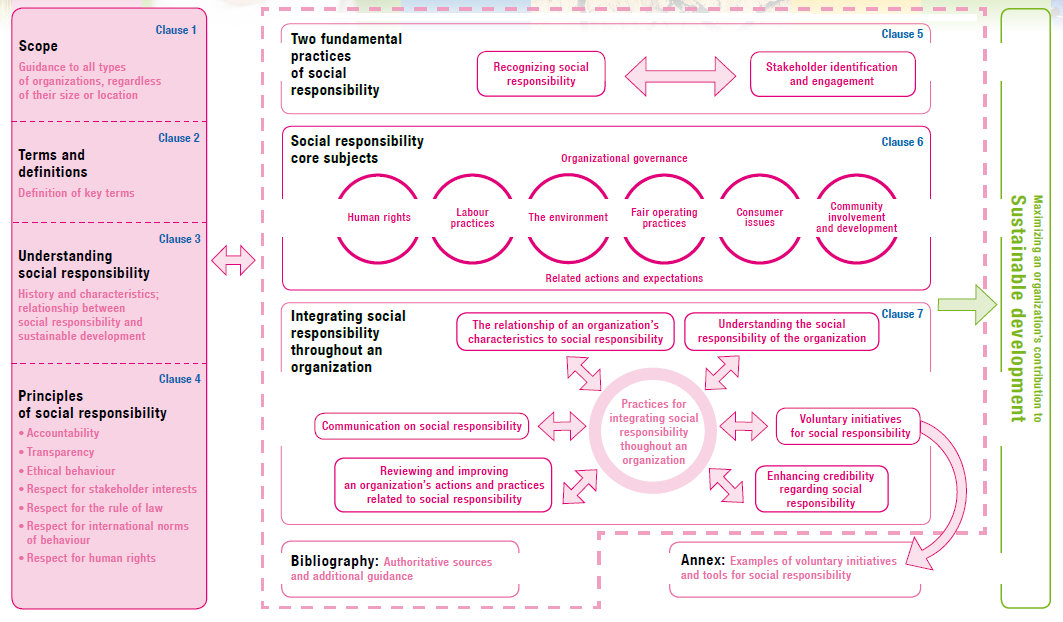 According to the theory of attachment, this connection can be both reliable and anxious, avoidant and disorganizing.
According to the theory of attachment, this connection can be both reliable and anxious, avoidant and disorganizing.
We want to be close to our partner. And if we are not together, then all our thoughts are about him. We don't notice the differences, we focus on the similarities. It seems to us that we cannot live without this person. But gradually we begin to show what was hidden behind the scenes. For example, the fact that we also have our own interests - without the participation of a partner in them.
- Photo
- Unsplash
3. Separation
Conflicts and power struggles begin. At this stage, partners understand that they do not always want to be together, that their interests and needs may not coincide. It is during this period that they ask questions: “Where were my eyes when I chose it? Where has our love gone? Did I marry the right person? Does the partner still love, who began to spend so much time separately?
Separation and individualization takes place. Vann Joines identifies three sub-stages for this period when the "honeymoon is over".
Vann Joines identifies three sub-stages for this period when the "honeymoon is over".
1. Differentiation
By analogy with the period when we first begin to separate from the mother. And now we are separating from a partner, and this is alarming.
2. Test in practice
We begin to practice this newfound individuality by separating from the partner. The stage where we fall in love with the world around us, begin to interact with it. We do different things, communicate with other people.
3. Reunion, rapprochement
If we go back to the analogy of “child and mother”, then during this period the child, breaking away from the mother, loses the sense of her image and again needs her. He returns to her to "refuel". In this reunion, he regains love, support, connection. The same thing happens in relationships with a partner. In a couple relationship, this means an opportunity for partners to discuss their needs and affairs.
Both learn to simultaneously set the boundaries of their individual "I" and at the same time be a reliable support for a partner, help him realize and satisfy his needs
“The more our need for this dependency and support is satisfied, the more autonomous we learn to feel,” says Vann Joines.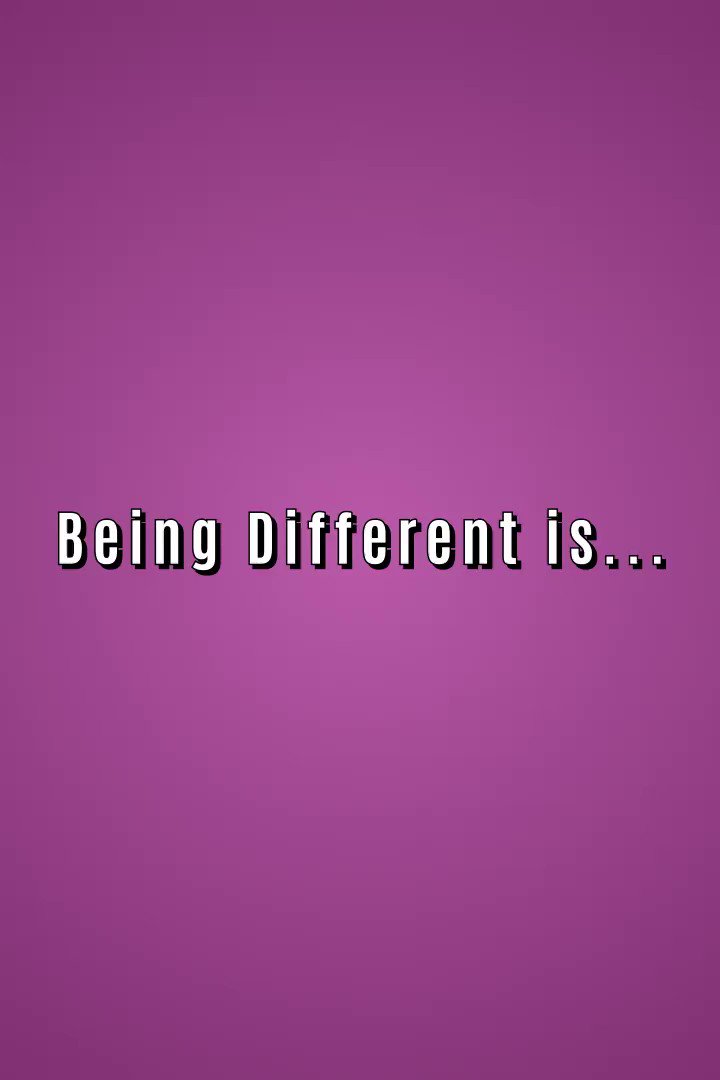 — The more the partner is responsive, reliable, the more he helps us to satisfy our needs, the more freedom we feel. We have that same autonomy - as opposed to that mutual exclusivity in the "honey period", where we are focused only on each other, forgetting about ourselves.
— The more the partner is responsive, reliable, the more he helps us to satisfy our needs, the more freedom we feel. We have that same autonomy - as opposed to that mutual exclusivity in the "honey period", where we are focused only on each other, forgetting about ourselves.
It is at this stage that the danger of rupture is great. Partners may decide to "get out of the game" and try to re-find the ideal partner, which we now understand does not exist. After all, relations with him will go through the same stages and will inevitably come to the stage of separation and individualization. Sometimes we will repeat the roles played by our parents.
“Partners need to endure this period and get therapy if they can't manage on their own,” recommends Vann Joynes. - Remember that relationships, marriage involve work. Relationships are a machine for growing people who can go through all the stages and grow, or they can get stuck at some stage and stagnate there. But if they manage to get the job done and go through all the stages together, then they move to the next level of mature relationships and real intimacy. ”
”
- Picture
- Unsplash
4. Intimacy and Intimacy
In this step, the partners consistently build a foundation for secure attachment. Each partner needs to feel that the other is available and responsive enough that they will get their needs met in the relationship.
“At this stage, the partners go beyond what they have projected onto their partner — mom, dad, princess from a children's fairy tale or a knight from their favorite movie, and begin to rediscover him - who is he really? Vann Joines says. “Now they see a real living person outside of this image - completely the way he is. The one they fell in love with. They rediscover it and experience a deeper sense of intimacy and belonging that is more satisfying to them than the initial 'honey' obsession with the other."
But what about conflicts? Are they no more? Of course they will.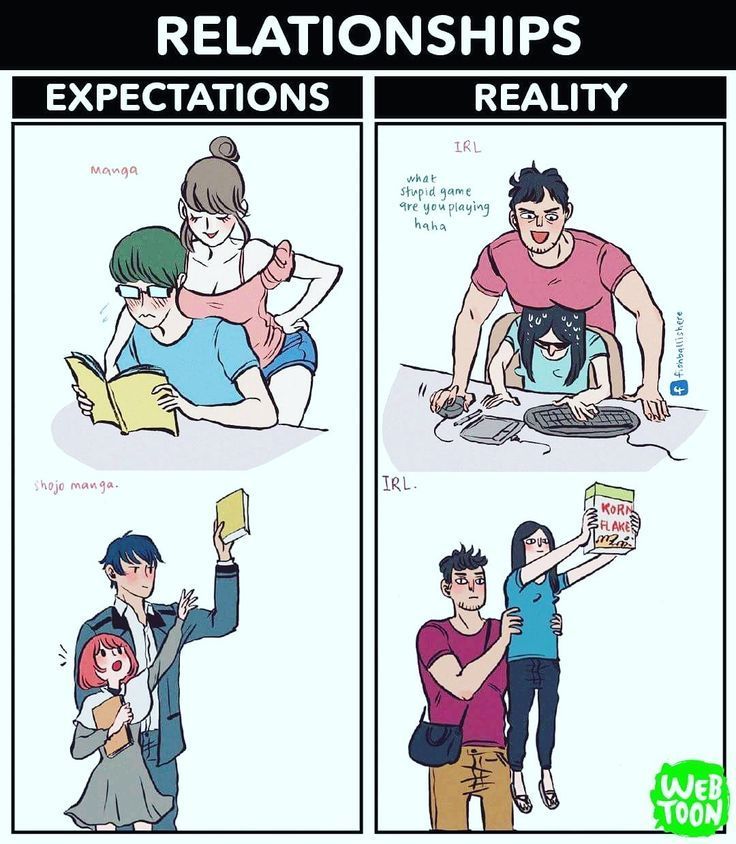 But now partners have the opportunity and habit to talk to each other, no one leaves, no one hides in resentment and childish patterns, no one interrupts the relationship. And it creates a feeling of a stronger connection.
But now partners have the opportunity and habit to talk to each other, no one leaves, no one hides in resentment and childish patterns, no one interrupts the relationship. And it creates a feeling of a stronger connection.
Partners reach a level of mature relationship in which conflicts are possible, but the relationship persists
“They develop deeper love, more trust, more secure attachment. At the stage of mutual dependence, the idea of perfection is reconciled with the idea of reality and "1 + 1" turns out to be more than 2, the expert claims. “When people together find themselves better people than alone, outside of these relationships, which are based on the foundation of growth and development, instead of need and need, as before.”
Partners stop working out their childish difficulties in which they are stuck on each other. Healthy addiction now promotes autonomy. Whatever I am - hungry, tired, lonely, irritated - I can always come to a partner and satisfy my needs.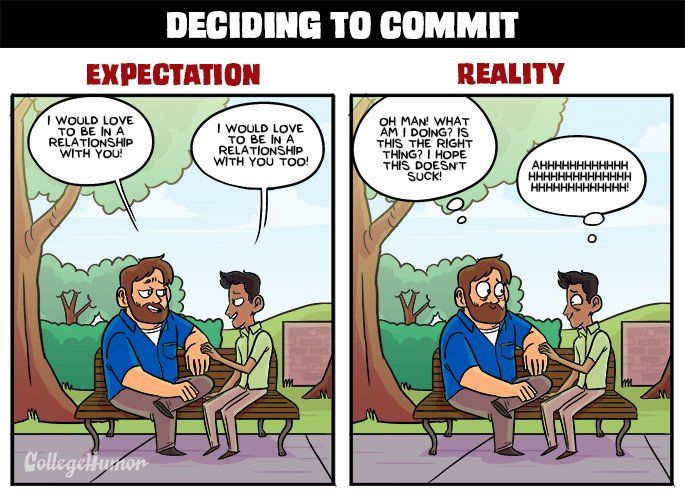 And I have more confidence when I go to the outside world.
And I have more confidence when I go to the outside world.
“These are the necessary stages that are inevitable. And if people want to come to mature, true love, then they need to know about it, Vann Joines assures. - Not everyone makes it difficult to go through these stages. But if people understand that relationships are work, then they will be more likely to reach the final rewarding point.”
Edward Tronic, Claudia Gold "From Discord to Intimacy"
Renowned psychologist Edward Tronic and pediatrician Claudia Gold prove that human interaction is much more complex and intricate than we used to think. From their point of view, conflicts are not only necessary, but also extremely important for our social, personal and emotional development. In their book, they explain that misunderstandings and quarrels are inevitable, and overcoming disagreements is the surest way to establish truly strong relationships with romantic partners, family, friends and colleagues.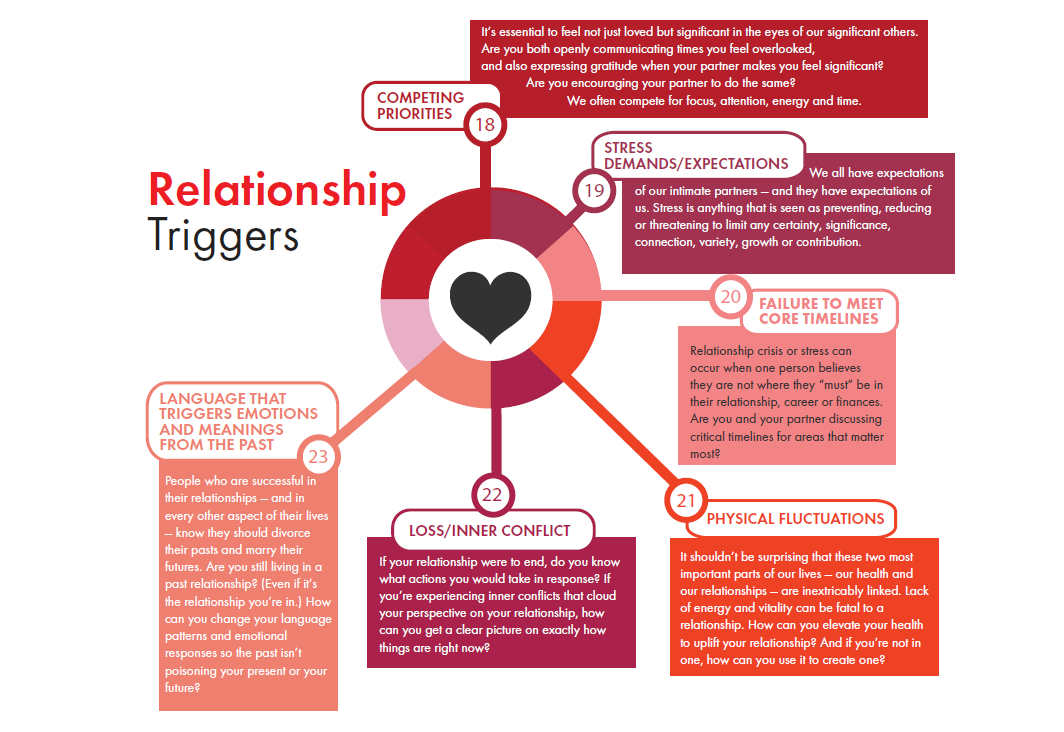
Advertising. www.mann-ivanov-ferber.ru
About the author: Vann Joynes is an American clinical psychologist, president and director of the Southeastern Institute for Group and Family Therapy, international psychotherapy trainer, supervisor and consultant, winner of the 1994 Eric Berne International Association for Transactional Analysis, co-author of the books Modern Transactional Analysis, Personal Adjustments: A New Guide to Understanding the Person in Psychotherapy and Counseling.
Text: Olga Kochetkova-Korelova Photo credit: Unsplash
New on the site
Personal experience: I live with bipolar II disorder
Prevention of cystitis: 10 basic rules
“I’m afraid that my mother will not survive the consequences of a stroke” 9003 9003 6 Signs of a Person Who Wasn't Loved as a Child
Stop Looking Back: How to Work with Values, Not Trauma Today
How to Live a Long and Happy Life: 20 Steps to Feeling Good - use our tips
"How do I accept the fact that my boyfriend has a child with someone else?"
"How to meet a normal girl?"
7 Relationship Problems You Have to Take Responsibility for
September 10 Relationships
Blaming your partner is convenient, but not always productive.
Share
0Sometimes relationships are disappointing. One of the first impulses is to shift the responsibility for this to the partner. It just turned out to be inappropriate, did everything wrong, and did not agree at all on the characters. However, in reality it may be that the matter is not at all in the chosen one or the chosen one. Sometimes it pays to think about your behavior. Some seemingly normal things can be destructive.
1. You are only ready to take, but not to give
What it looks like
People evaluate the quality of relationships, among other things, by how much a partner is willing to invest in them. How attentive, caring, whether he supports, helps with difficulties, and so on. It's quite normal. Although sometimes it seems that a person started very well, and then seemed to cool off - he stopped trying what to take from him. It obviously won't get any better.
What is real
Relationships can be compared to two communicating swimming pools from a school puzzle.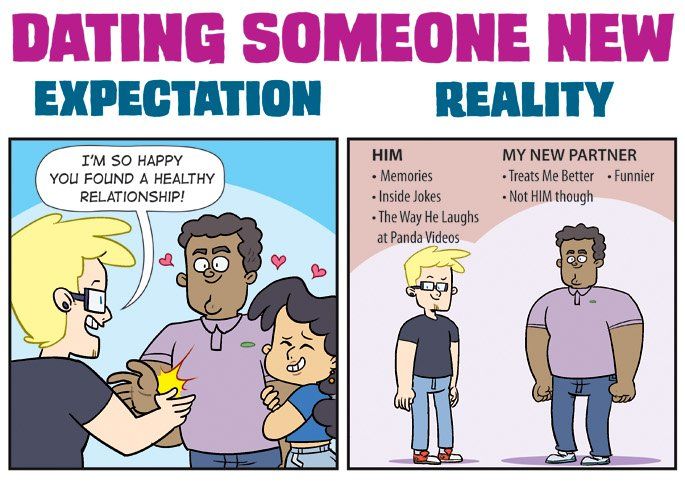 Only from the outside no liquid is added to them. For harmony, you need to periodically add water to each other so that both reservoirs are filled.
Only from the outside no liquid is added to them. For harmony, you need to periodically add water to each other so that both reservoirs are filled.
If only one gives, cares, helps, sooner or later he will get tired, lose his fuse, become empty. So it's important to ask yourself, "What am I doing for this relationship?" at least as often as “What is he/she doing?”
2. You are projecting the mistakes of your ex onto your partner
What it looks like
You once burned yourself in a relationship and now you know for sure that you will not let it hurt you anymore. It’s hard for you to trust again, so you are constantly on the lookout for a potential strike. Perhaps, in part, you even provoke your partner so that he quickly shows his “true face”.
What is real
Your concern is understandable. But people are different. A new partner can be completely different, he has nothing in his thoughts or in his character that you have offended before.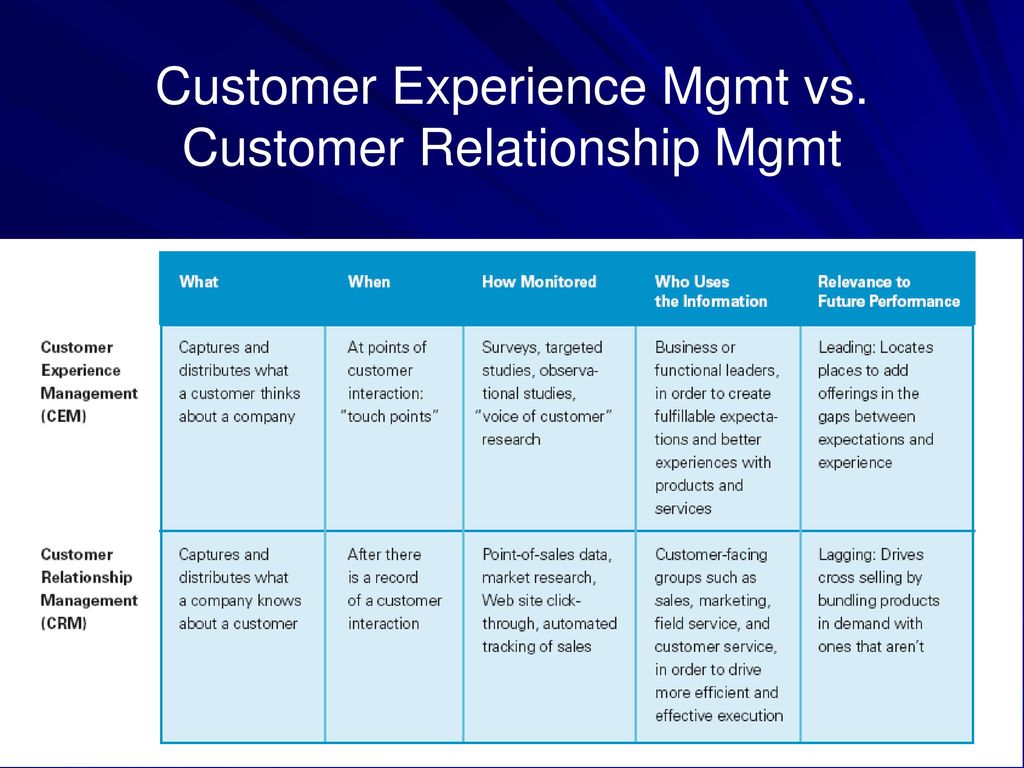 That is, when faced with your distrust, thorns, he seems to be forced to atone for other people's sins. And this is boring.
That is, when faced with your distrust, thorns, he seems to be forced to atone for other people's sins. And this is boring.
3. You are looking for a function, not a person
What it looks like
You know very well who you need next to you. For example, you might be looking for a second parent for your future children, a travel partner, or someone else with a very clear purpose. Sounds like a good idea: by making clear demands, you minimize the risk of meeting the wrong person. But for some reason, the chosen one is not ready to fit into a narrow framework.
What is real
Really, it's great to understand who you need. It is only important to remember that a person is not a tool for a specific purpose, one has to deal with all the qualities and desires of a partner. So he may not like that you are only looking for a resource in it.
4. You endure to the last, and then explode
What it looks like
It may seem to you that you are doing everything for relationships: patiently bear the rough edges, go forward in controversial issues, adjust your plans and desires to the other.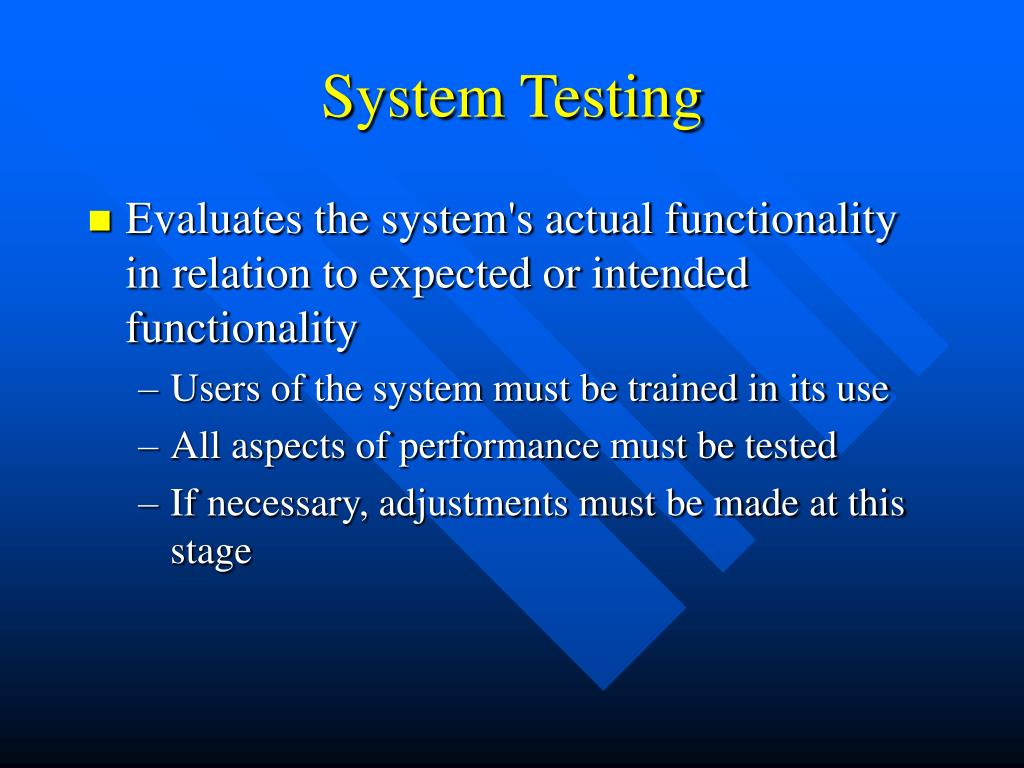 But it’s impossible to constantly suppress a protest in yourself, so one day you explode: “I’m everything for you, and what are you?” But you are met not with applause for self-sacrifice, but with bewilderment.
But it’s impossible to constantly suppress a protest in yourself, so one day you explode: “I’m everything for you, and what are you?” But you are met not with applause for self-sacrifice, but with bewilderment.
What is real
Let's look at the situation from the side of the partner. He lives quietly for himself and believes that you have an excellent relationship, because you make decisions together and do not even quarrel about this. For him, your inner work is not at all obvious. Therefore, the outbreak for him is not due to anything: after all, it was possible to say earlier and without nerves? Therefore, it is better to express your desires in a timely manner.
5. You are trying to live up to expectations you were not given
What it looks like
Let's say you are a girl and you are sure that the ideal partner should cook borscht, wear lace thongs and not leave the house alone after dark. Or you are a guy and think that the chosen one wants you to always pay for her and aggressively protect from anyone who gives her a greasy look. But all this cannot be called your natural behavior. Therefore, at first you force yourself, and then you get upset that your efforts are not appreciated enough.
But all this cannot be called your natural behavior. Therefore, at first you force yourself, and then you get upset that your efforts are not appreciated enough.
What really is
Probably everyone has a picture in their head of what people should be in a relationship. That's just it does not necessarily coincide with the views of the partner. So it is not necessary to make sacrifices that no one asked you for - this will lead to tension in the couple as a result. Talk first.
6. You expect to meet expectations that you don't voice
What it looks like
You are angry that your partner or partner is behaving somehow wrong. After all, it seems to be obvious that this is good, but this is bad.
What really is
Telepathy does not exist, so before expecting something from a person, you need to discuss it with him.
7. You are not confident in yourself
What it looks like
Your partner doesn't seem to give you a reason, but you are constantly jealous.